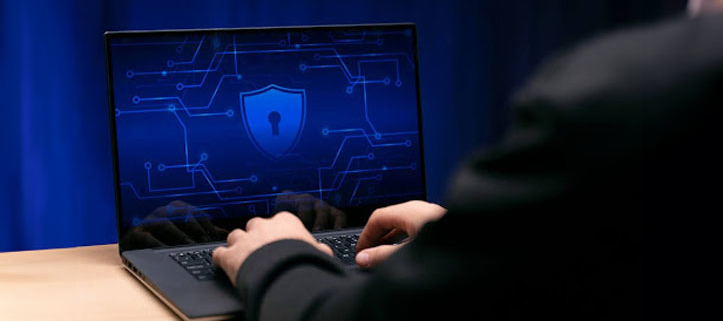Become a Cyber Virtuoso: Master the Art of Defense with Lumify Work’s Advanced Digital Security Training for Tomorrow’s Defenders
Image By Freepik
Introduction
In the ever-evolving landscape of digital threats, the need for adept cybersecurity professionals has never been more critical. As cyber adversaries continue to grow in sophistication, mastering the art of defense becomes paramount for safeguarding digital landscapes. In this article, we embark on a journey into the realm of Lumify Work’s Advanced Digital Security Training, exploring how it equips aspiring defenders to navigate the complex challenges of tomorrow’s cybersecurity landscape.
The Digital Battlefield: Understanding the Stakes
Before delving into the intricacies of Lumify Work’s cyber security training, it’s crucial to grasp the high-stakes nature of the digital battlefield. Cyber threats have transcended mere nuisances; they now pose existential risks to businesses, governments, and individuals alike. As technology advances, so do the techniques of malicious actors seeking to exploit vulnerabilities for financial gain, data breaches, or even acts of cyber warfare.
Lumify Work’s Pioneering Approach to Cybersecurity Training
Comprehensive Curriculum Designed for Tomorrow’s Threats
Lumify Work’s Advanced Digital Security Training adopts a forward-thinking approach, ensuring that participants are equipped to face emerging threats head-on. The curriculum goes beyond the basics, immersing learners in real-world scenarios that mirror the complexity of modern cyber threats.
Hands-On Labs and Simulations
The program places a strong emphasis on practical experience. Participants engage in hands-on labs and simulations that replicate actual cyber-attack scenarios. This immersive learning approach not only reinforces theoretical knowledge but also hones the practical skills necessary to combat evolving threats effectively.
Expert-Led Instruction
Led by industry experts with a wealth of experience, Lumify Work’s training provides invaluable insights into the latest cybersecurity trends, tactics, and best practices. Learners benefit from the wisdom of seasoned professionals who have navigated the front lines of cyber defense.
Continuous Updates to Stay Ahead
The digital landscape…






